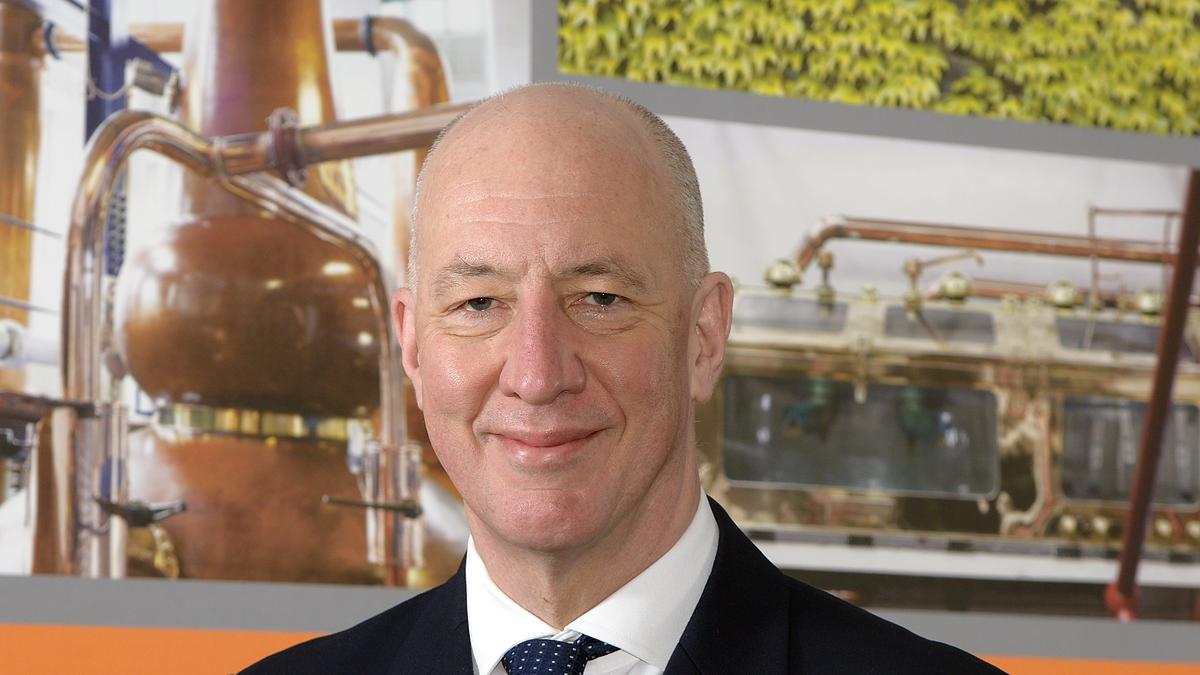Copyright thehindubusinessline

The India-UK Free Trade Agreement (FTA) is being hailed as one of the most significant trade deals for the UK in recent years, as it sets a framework for greater collaboration and strategic partnership among all stakeholders, including domestic IMFL manufacturers. According to Mark Kent, Chief Executive, Scotch Whisky Association (SWA), the pact marks an opportunity to expand in India, currently the world’s largest whisky market, with tariffs set to decrease over the next decade opening new avenues for mutual investment and collaboration between Scotch producers and Indian counterparts. The FTA is said to support the long-term ambitions of Scotch Whisky producers to grow in the Indian market. The current 150 per cent customs duty will fall to 75 per cent at the first stage of entry-into-force, followed by a progressive reduction to 40 per cent over the next decade. Over time, the lowered tariffs will allow more Scotch Whisky producers to export to India, giving Indian consumers access to a greater variety of Scotch Whisky brands. The SWA CEO highlighted that India is the largest market for Scotch by volume, with nearly 79 per cent of Scotch exports to India in bulk form, primarily used for blending with IMFL. The UK currently exports to 180 markets around the world. India sells over 400 million cases of Indian alcoholic spirits annually. Imported spirits – Bottled in Origin and Bulk Bottled in India, account for only 2.6 per cent of the total market. The imported category is dominated by whisky, with Scotch making up 82 per cent of the overall imports of 10.9 million cases of spirits. “This could present a big opportunity for Indian IMFL producers to have more options to enhance product quality for domestic consumers, while becoming more competitive globally. The agreement also opens avenues for mutual investment between both countries, with resultant technology transfer, adoption of best practices, and benefit to the larger ecosystem. We are actively working with all stakeholders, including trade associations in India, to build on the collaborative framework created by the FTA,” Kent told businessline. Increased exports of Scotch Whisky are also said to support business investment in the Indian market and raise federal revenue, which will boost the Indian economy. The changes will take time, as the agreement is yet to come into effect, with the process still underway on the UK side. Once it is implemented, expected by the second quarter of next year, both countries can begin the next phase of collaboration. This will include not only greater Scotch exports to India but also increased Indian whisky exports to the UK. Kent noted that Indian single malts are already gaining strong traction in the UK market. The FTA is also expected to spur mutual investment in distilleries, create jobs, promote skill transfer, and boost tourism and hospitality. Several Indian companies are already exploring opportunities to build or acquire distilleries, marking the start of a symbiotic partnership between the two industries. “For Bottled in Scotland, we expect to see growth across segments, but mainly at that premium end of the scale. We also expect to see more players entering the market. Smaller companies that previously didn’t have the confidence to enter new markets like India now can,” said Kent. Even as external tariffs are reduced, regulatory frameworks at the state level remain crucial. Ensuring market-based pricing will benefit both consumers and government revenues. The SWA is engaging with Indian trade associations to strengthen collaboration and create the best possible trade conditions. Given that many Indian spirits use Scotch as an input, the FTA is expected to be a win-win for the industry and consumers alike, the CEO noted. Industry experts added that India, over time, could follow the trajectory seen in other sectors and emerge as a manufacturing hub for the Global Alcobev sector. Addressing concerns among Indian alcobev companies that the FTA might phase out the Bottled-in-India (BII) Scotch whisky category — where Scotch is imported in bulk and bottled locally — industry leaders clarified that this will not be the case. “The expected consumer price drop of 7- 10 % will have a limited impact on premium IMFL products, given the price gap between the most expensive IMFL and popular scotch is around 60-70 per cent. Premium IMFL manufacturers are likely to benefit from cost savings on bulk Scotch used for blending, enabling them to enhance product quality and improve competitiveness,” they said. Published on November 10, 2025



